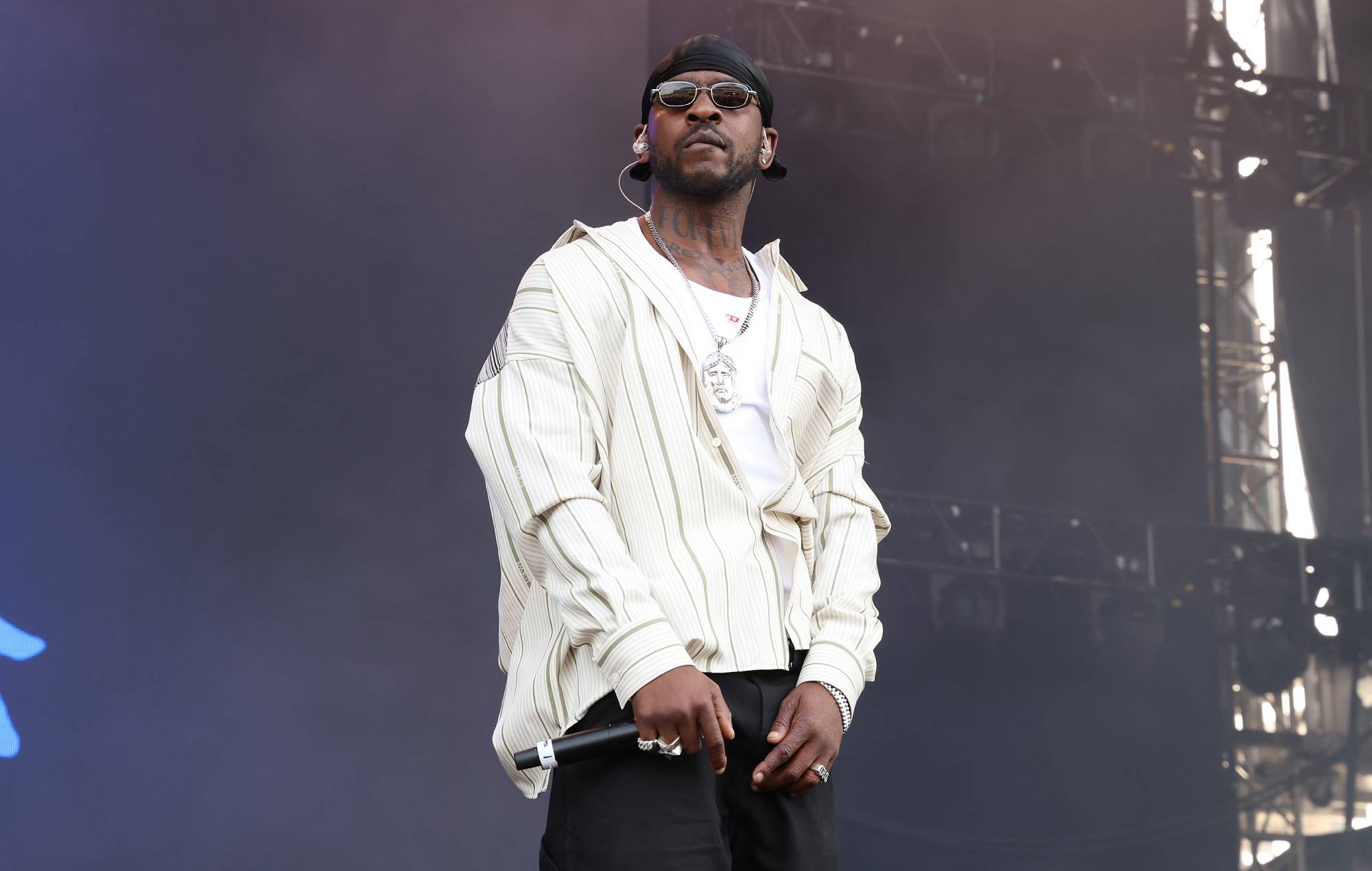NME Music News, Reviews, Videos, Galleries, Tickets and Blogs | NME.COM

Back when true backwards compatibility was just a twinkle in Phil Spencer’s eye, the shift from current- to next-gen was a bittersweet moment for many of us. Sweet, because it heralded a new age in gaming – bigger games, better visuals, faster load times; oh, November, you cannot get here soon enough – and bitter because holy shit, gaming is expensive enough without replacing your hardware every five years or so.
For me, though, I couldn’t ever make a clean break. I have pals who routinely and painlessly box up their consoles and games, and trade them in to offset the costs of that expensive hobby. But me? I just can’t part with them like that. When moving from Xbox 360 to Xbox One, it took me years – actual, literal years – to clear out the shelves. Every game, even the terrible ones, holds a particular memory. Each one is a physical, tangible reminder, triggering fond, if faint, memories.
I still have my Sega Dreamcast and Super NES. I still have my Xbox 360 and PlayStation 3. What I don’t have, however, is their games – a shame, really, given that’s where the bloody money is – but man, even boxed away they just took up too much room.

This time? This time there’s very, very little to box up. This time, I won’t be able to trail a loving hand over my shelves. I have very little in the way of physical games these days. This generation has heralded technological advances – including my beloved photo mode and Share Play – but along with backwards compatibility and crossplay came an even bigger change in the way we consume video games: digitalisation.
On paper, I should prefer the convenience of digital games. Having to get up off my arse and change discs mid-session is so alien to me now, I honestly can’t remember the last time I had to do it. I love that if I fancy playing an old favourite, I don’t have to go rummaging around to locate the disc (chiefly because I’ve inevitably slipped the disc into the wrong case). No, it’s not an instant thing if I have to reinstall it, but at least I’ll always know where I can find it, filed neatly away in my PS4’s library and not kicked underneath the TV cabinet, dusty and forgotten.
But now that it’s time to think about boxing up current-gen, there’s so little to show for it, isn’t there? I have 289 games in my digital PS4 library, 125 games on Xbox One – and that’s without including the hundreds available to me via Game Pass and my 100-odd PlayStation Plus titles. I barely play on PC, but I’ve somehow amassed 179 games on Steam, too. And yet my physical discs – mostly collector’s editions from some of my favourite franchises – barely fill a single box. There’s nothing tangible here. Nothing I can touch and reminisce about.
It increasingly feels like digitalisation isn’t all it’s cracked up to be. While even physical games increasingly soak up space on our hard drives, the expansion of top-tier games means the digital offerings like Call Of Duty: Modern Warfare will no longer fit on a 250GB SSD. So while Microsoft has blown the console race wide open again with its more affordable Xbox Series S, this compact console’s paltry 512GB storage is simply too small. If you like to lose yourself in vast, open-world games or ones offering a variety of modes, you’re unlikely to be able to have more than two or three games installed at any one time. Which, let’s face it, is ridiculous.

And then there’s Google Stadia. Setting aside its limited catalogue of games and curious pricing model, there’s a lot to admire about the cloud streaming service’s ambition. The idea of being able to pick up your controller and instantly jump into your favourite game without any downloading or installing is undeniably alluring, but I bought Stadia at launch, and the convenience of avoiding updates simply isn’t enough to mitigate the issues. Even with a reasonable, if not quite blistering, fibre connection, there’s still a tad too much buffering for me. Too much rubberbanding. Stadia’s promise is undermined by unstable internet infrastructure.
But, to me, the biggest problem when it comes to all digital games is that you don’t own them. You can’t loan them. And you can’t resell them either. Although I doubt publishers lose sleep over any of these problems. No, they’re not taking up valuable real estate in your home anymore, but you’re also not able to run your hand across them or stop to admire the cover art.
Not only are digital games intangible, but they’re leased to you, not sold… and the moment the developer turns off the servers, or a publisher won’t – or can’t – futureproof a game so it runs on next-gen systems as well as current-gen ones… well, it’s gone. And there’s nothing convenient about that, is there?
The post There’s something sadly soulless about video game digitalisation appeared first on NME Music News, Reviews, Videos, Galleries, Tickets and Blogs | NME.COM.





